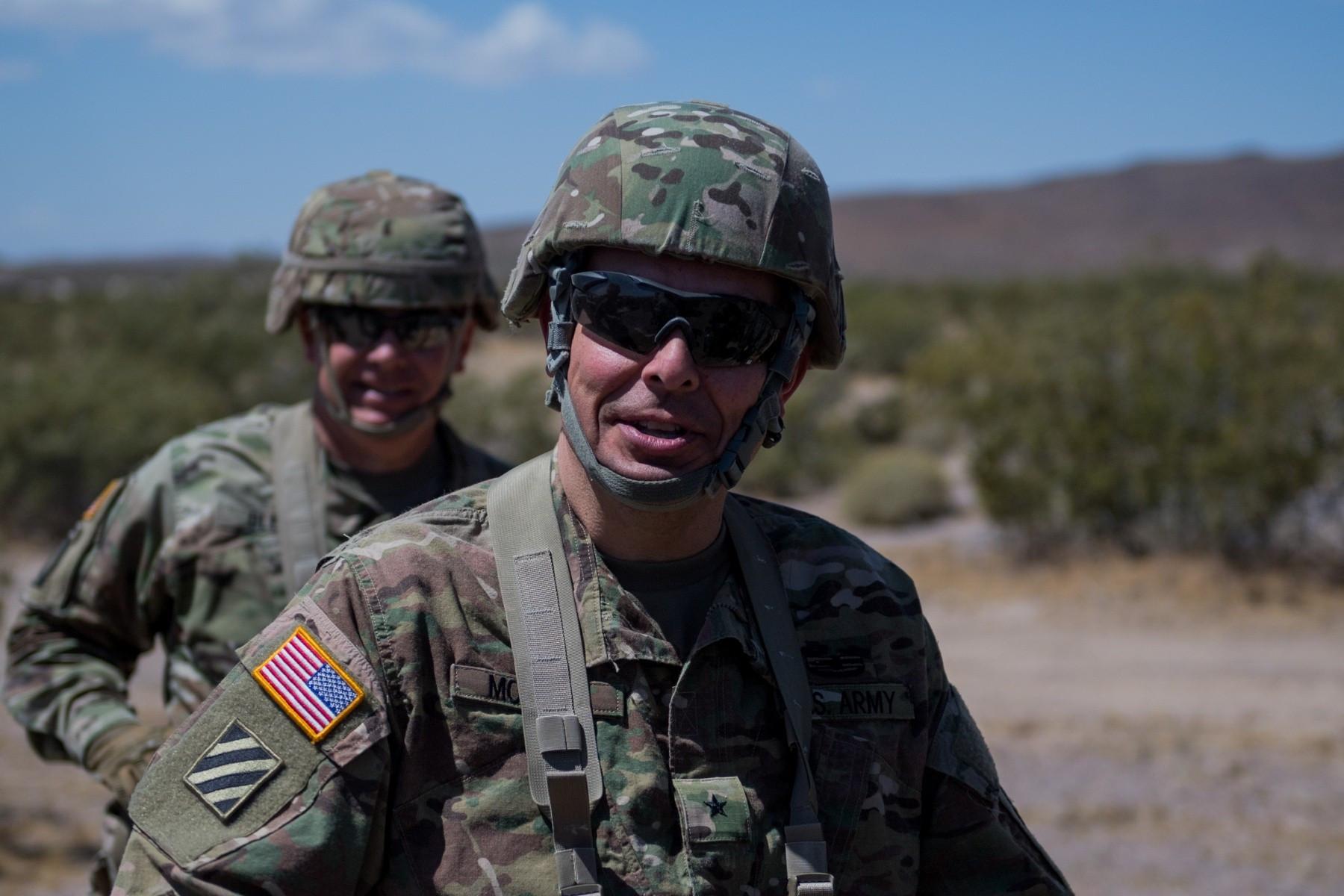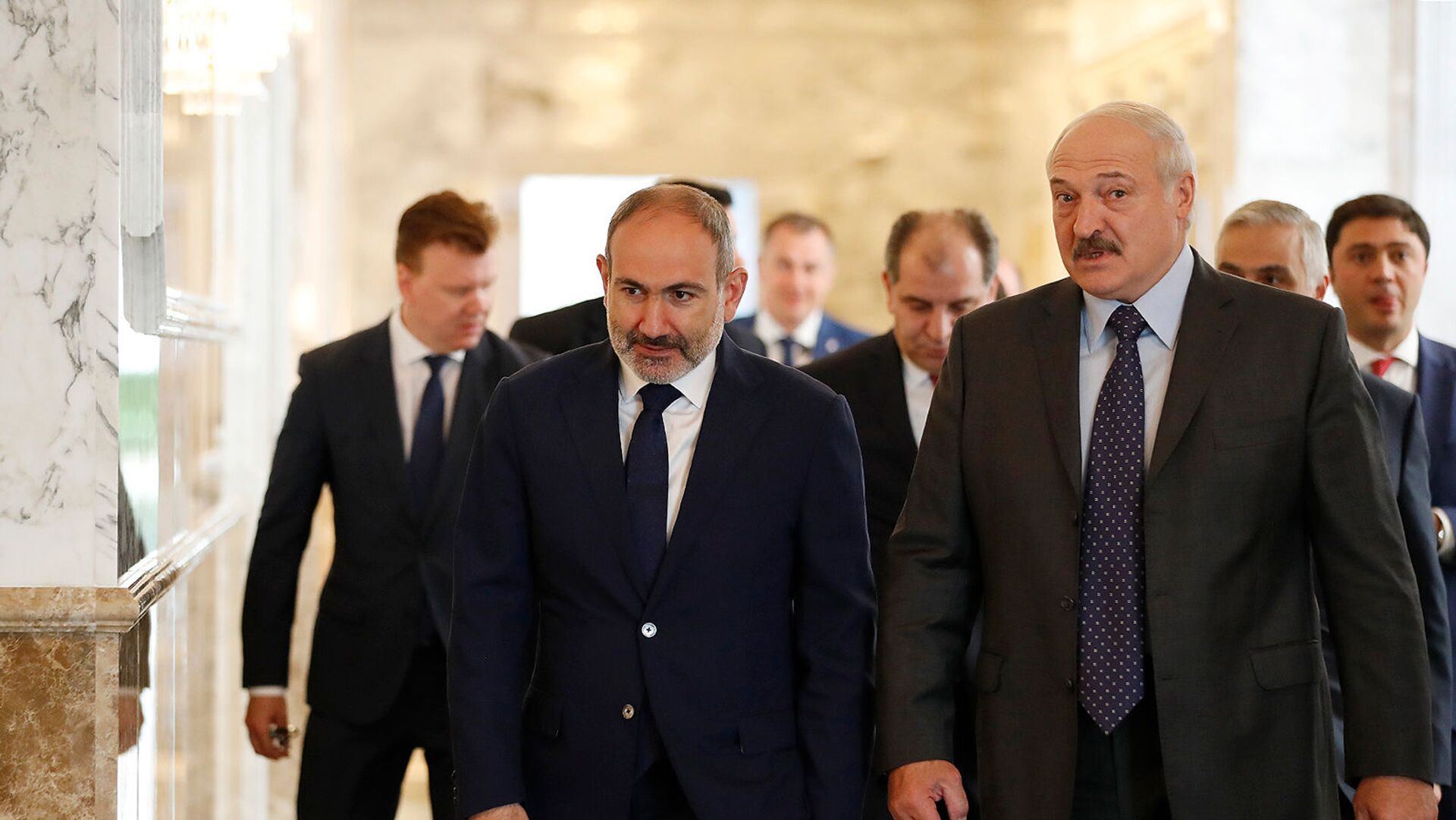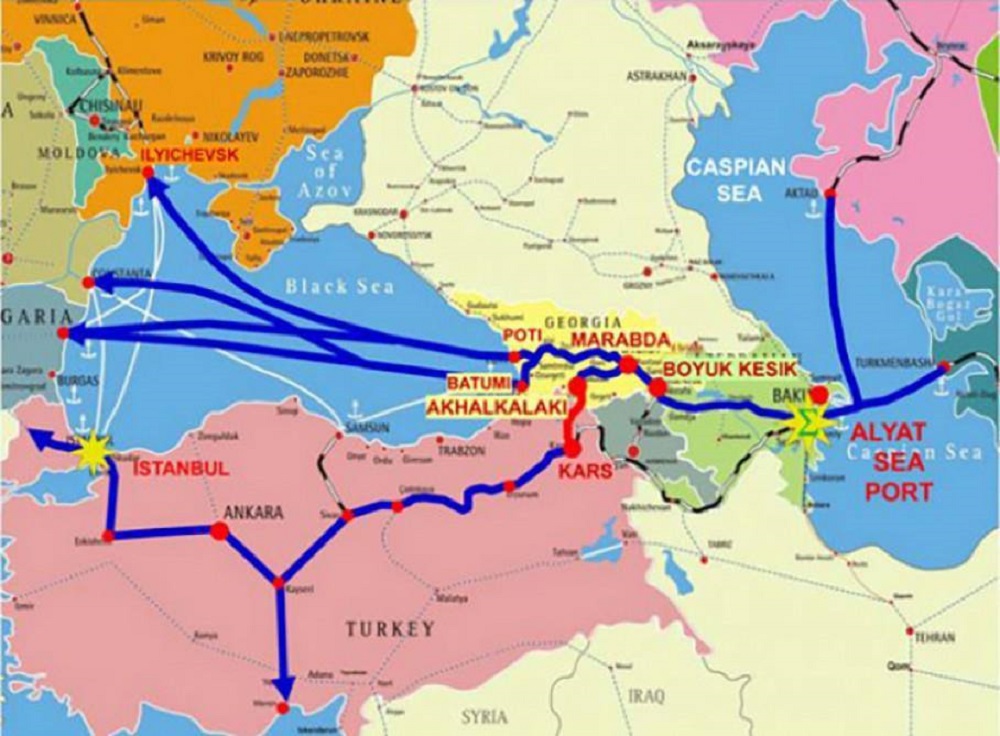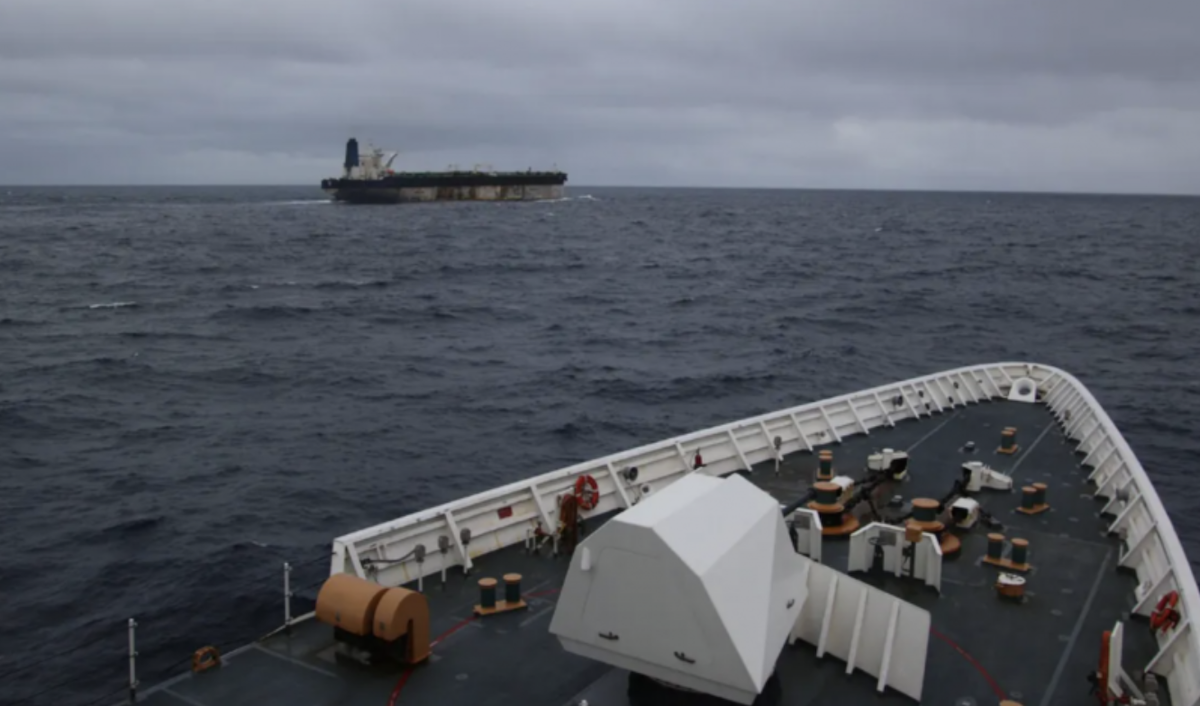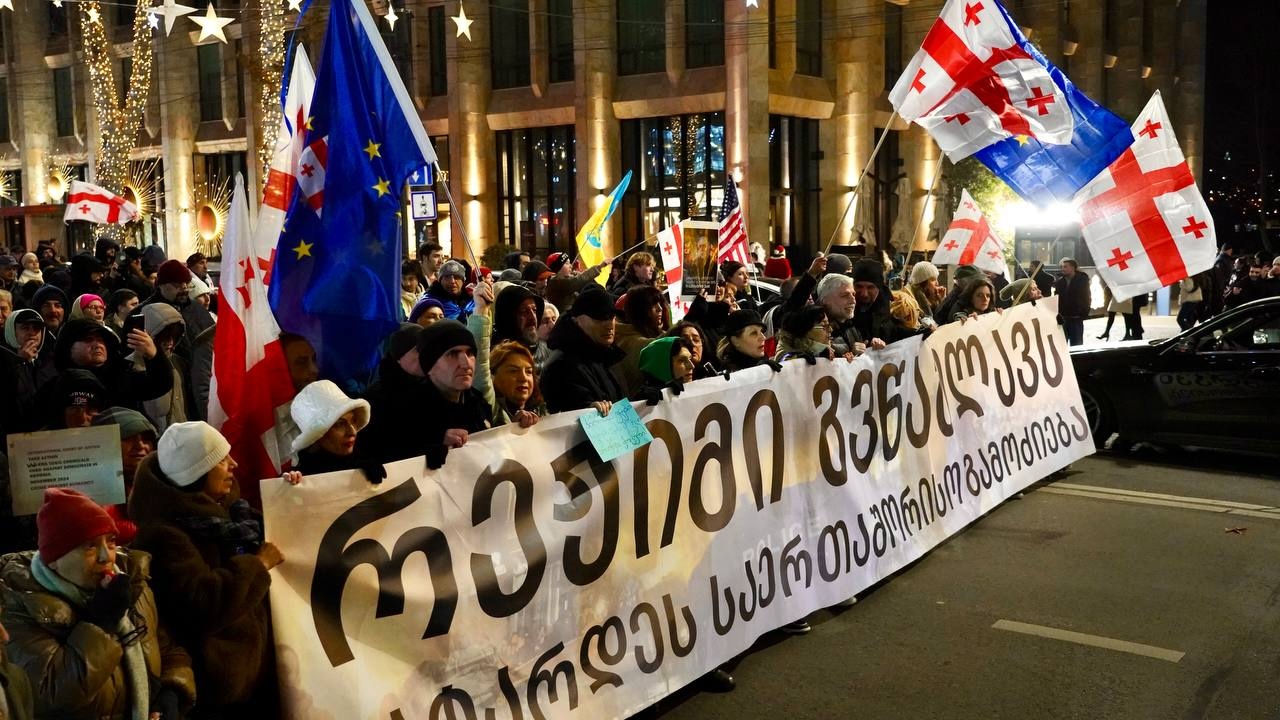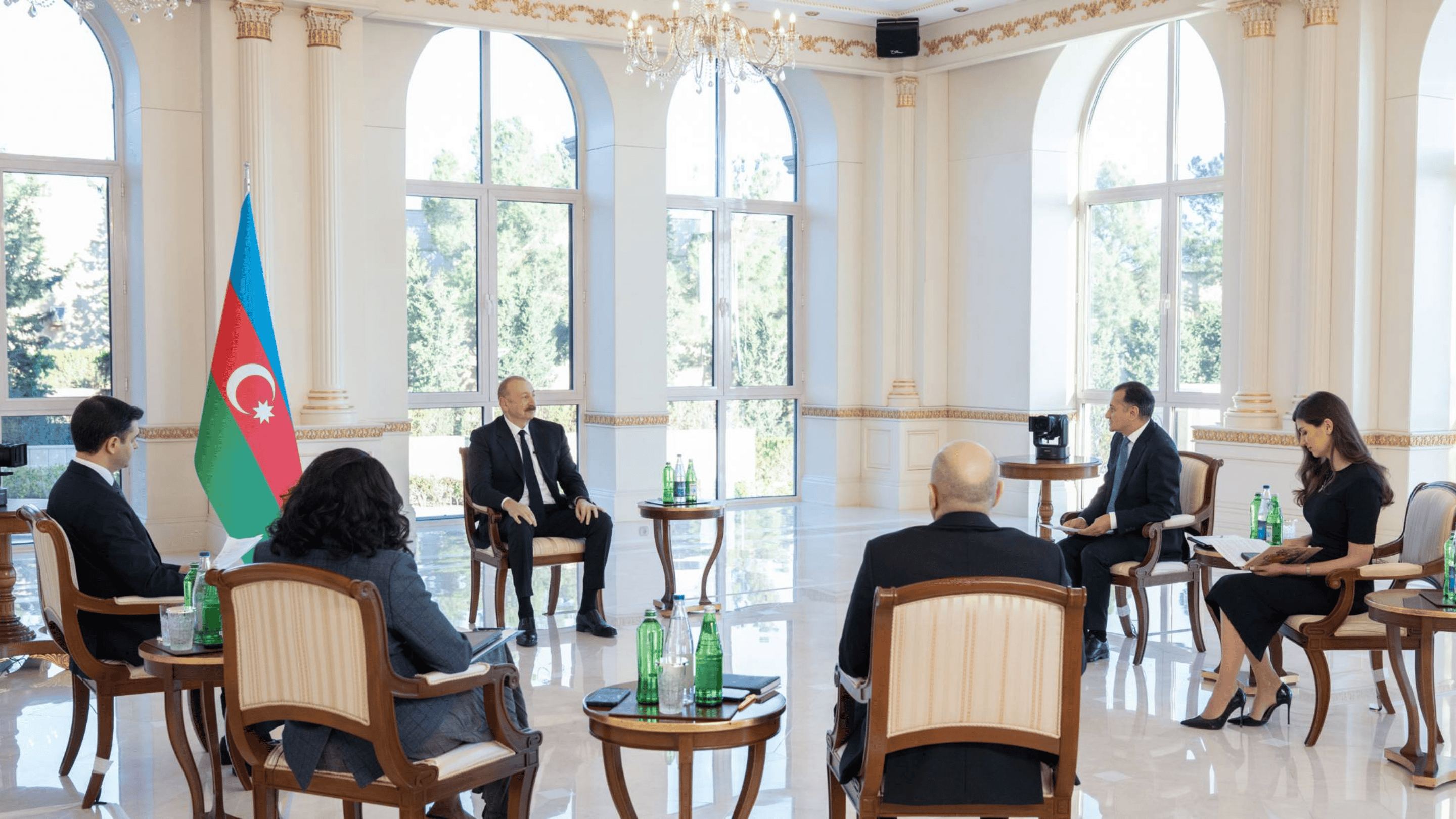"Military exercises with the USA contribute to enhancing Armenia's sovereignty." Opinion
Armenian-American military exercises 2024
On July 15, joint Armenian-American military exercises “Eagle Partner 2024” commenced in Armenia. These exercises involve servicemen from the Armenian Armed Forces’ peacekeeping brigade, the U.S. Army in Europe and Africa, and the Kansas National Guard. The exercises aim to practice stabilizing operations between conflicting parties during peacekeeping missions.
However, these exercises are viewed differently in Russia. In Moscow, it is believed that “regardless of the declared peacekeeping objectives, the main goal of the Westerners is obviously to create a foothold for implementing their own geopolitical projects.” Maria Zakharova, the official representative of the Russian Ministry of Foreign Affairs, stated that “the presence of Americans in the South Caucasus will exacerbate the existing conflict potential in the region and create new dividing lines.”
Political scientist Robert Gevondyan argues that statements from Russia often have no connection with reality.
“Regardless of whether Armenia continues to cooperate with Russia, in what format and to what extent, the relations between Armenia and the West will continue to develop. Even considering the potential election of Trump as president. Moscow should develop new approaches rather than trying to regain what has been irrevocably lost,” he told JAMnews.
The previous joint Armenian-American exercises “Eagle Partner” were held in Armenia from September 11 to 20, 2023. They involved 85 American and 175 Armenian servicemen.
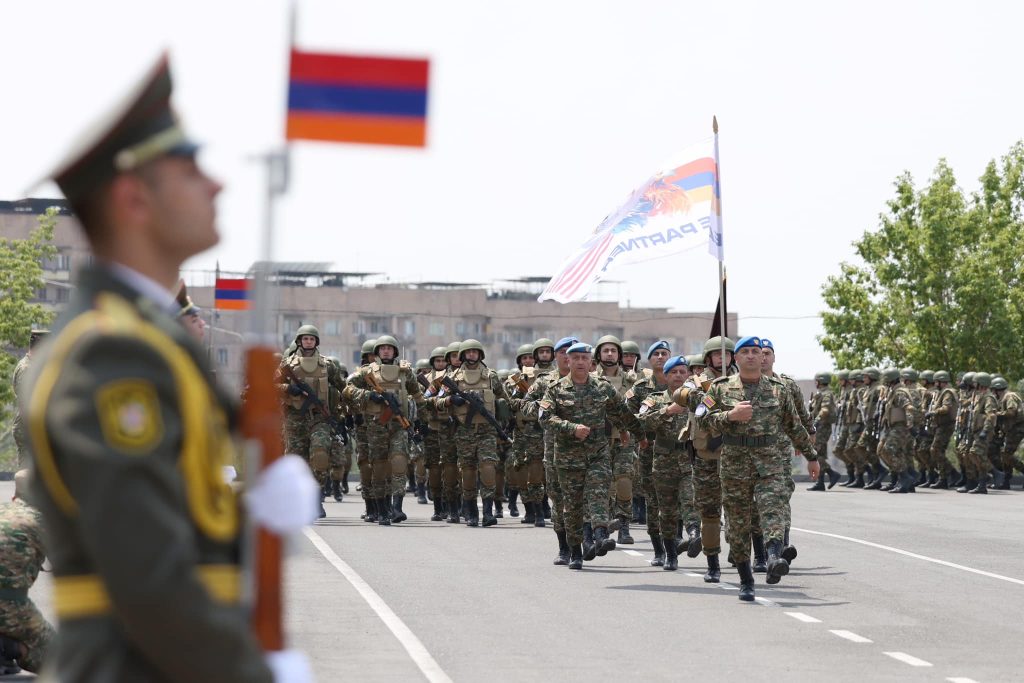
- “This is just the beginning”: Armenia will receive 10 million euros from the European Peace Facility
- “Armenia – a potential candidate for EU membership.” Opinion from Yerevan
- “Yerevan сould gain more”: On military contracts with France
Reports on the exercises from the Armenian Ministry of Defense and the U.S. Embassy
The Armenian Ministry of Defense reports that the Armenian-American exercises will continue until July 24. Their objectives are:
- Working on the operational interoperability of units participating in international peacekeeping missions.
- Exchanging advanced experience in management and tactical communication.
- Enhancing the combat readiness of the Armenian unit.
The Ministry of Defense states that the exercises are being conducted as part of the preparation for participation in international peacekeeping missions. Similar events are being held in other partner countries.
The U.S. Embassy in Armenia also released information about the joint exercises:
“The Armenian and American sides will develop their skills in conducting peacekeeping operations through training in firearms handling and stability operations, familiarization with various types of weapons, and participation in range management activities.”
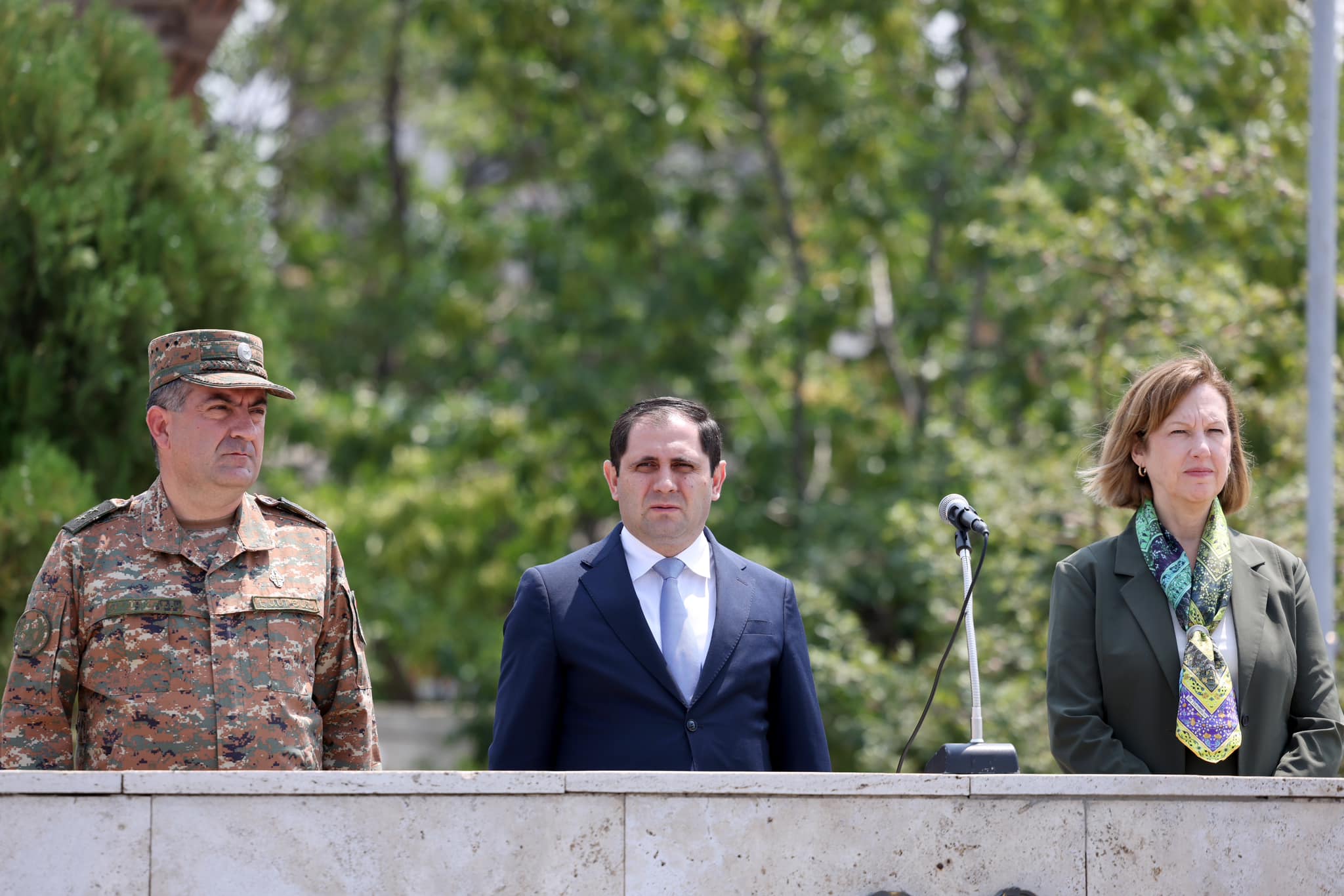
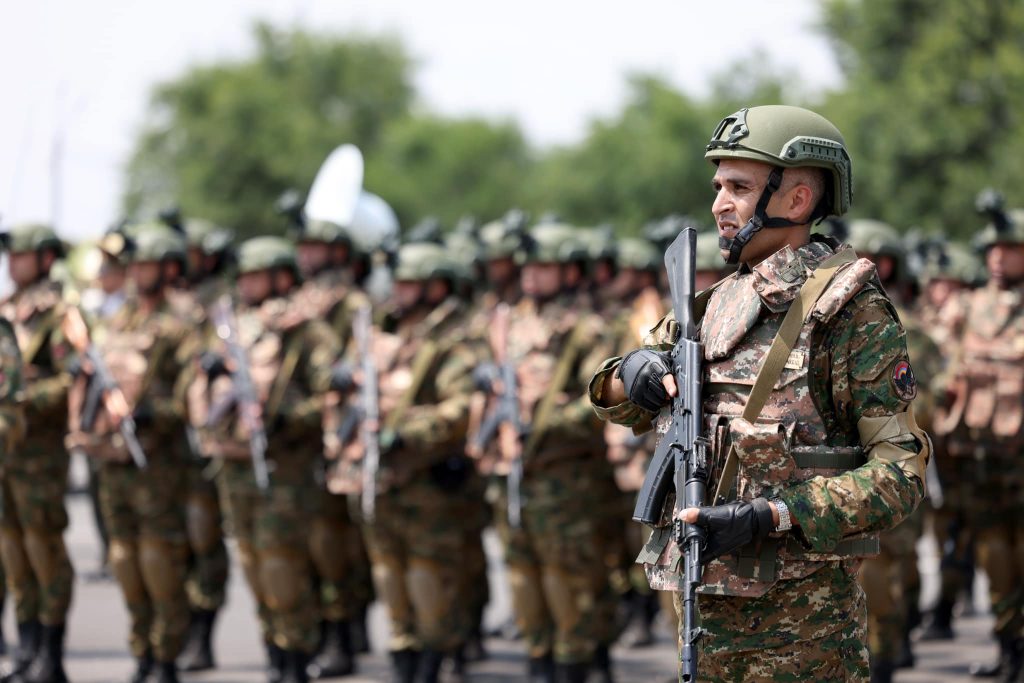
The U.S. Embassy also noted that the Kansas National Guard has been effectively cooperating with the Armenian Ministry of Defense under the U.S. Department of Defense’s State Partnership Program since 2003.
“The ‘Eagle Partner’ exercises aim to strengthen the long-standing cooperation between the United States and the Republic of Armenia,” the embassy’s statement said.
These exercises elicit “nothing but regret” in Moscow
The official representative of the Russian Ministry of Foreign Affairs, Maria Zakharova, commented on the exercises a few days before they began, on July 12. She stated that Yerevan’s actions undermine the prospects of established cooperation mechanisms between Armenia and Russia in the field of security:
“These exercises elicit nothing but regret. They will take place against the backdrop of Yerevan freezing its participation in the CSTO [a military bloc operating under Russian auspices] and public attacks on the organization.“
According to Zakharova, the West is drawing Armenia into various forms of interaction that are primarily aimed against Russia.
She claims that “through involving Armenia in maneuvers and training programs under its aegis,” the West is imposing NATO standards on Armenia’s armed forces, which will lead to a change in the entire configuration of the country’s security system. Additionally, Zakharova states that this will provide additional “leverage over Armenia’s domestic and foreign policy.”
Comment by political scientist Robert Gevondyan
“The Armenian-American exercises should be viewed in the context of Armenia’s diversification of its foreign policy. They contribute to raising Armenia’s political standing in the world, enhancing its subjectivity, and providing opportunities for certain developments in the context of our army’s reforms.
Currently, both the US and the collective West see their presence in the Caucasus primarily through Armenia.
This happened against the backdrop of Georgia adopting the ‘foreign agents’ law, which created problems with the West for that country.
However, it’s important to understand that the situation might change. Elections are approaching in the US, and there is a significant chance that the administration will change, with Trump being elected as president. This would mean a revision of US foreign policy.
Trump is known for his unique vision of foreign policy, which I call isolationism. The essence of his approach is that the US should play a restraining role only where it has certain economic interests, while regional players should have more influence outside these points.
As long as US interests are not violated, these players can make decisions without aligning them with the US. An example of this approach was the 44-day war in 2020, the Russian-Turkish deal, where decisions regarding Nagorno-Karabakh were made by Russia and Turkey. Trump, who was president of the US at that time, did not play a significant role in these decisions.
If Trump returns and continues the isolationist policy, the window of opportunity for Armenia will likely close temporarily or partially.
This means that Armenia needs to make the most out of its relations with the US in the next 4-5 months.
The main task is to sign agreements between Armenia and the US, if possible. Many factors need to be considered, and many of them might be insurmountable for the Armenian side. However, there are areas where agreements can be signed. This particularly concerns the construction of new nuclear power plants under US patronage.
If agreements are signed, regardless of who is elected president, this project will continue. The same goes for military cooperation.
It is known that alongside joint exercises, American instructors also come to Armenia to assist in army reforms.
If all agreements are institutionalized and if deals are signed, they will provide a foundation for the successful continuation of cooperation during Trump’s potential presidency.
Of course, there will be challenges. We will see countermeasures from some ‘friends’ and adversaries of Armenia. But the only way to counter or neutralize them is to increase Armenia’s resilience, partly with the help of the US, Europe, and other power centers.”










